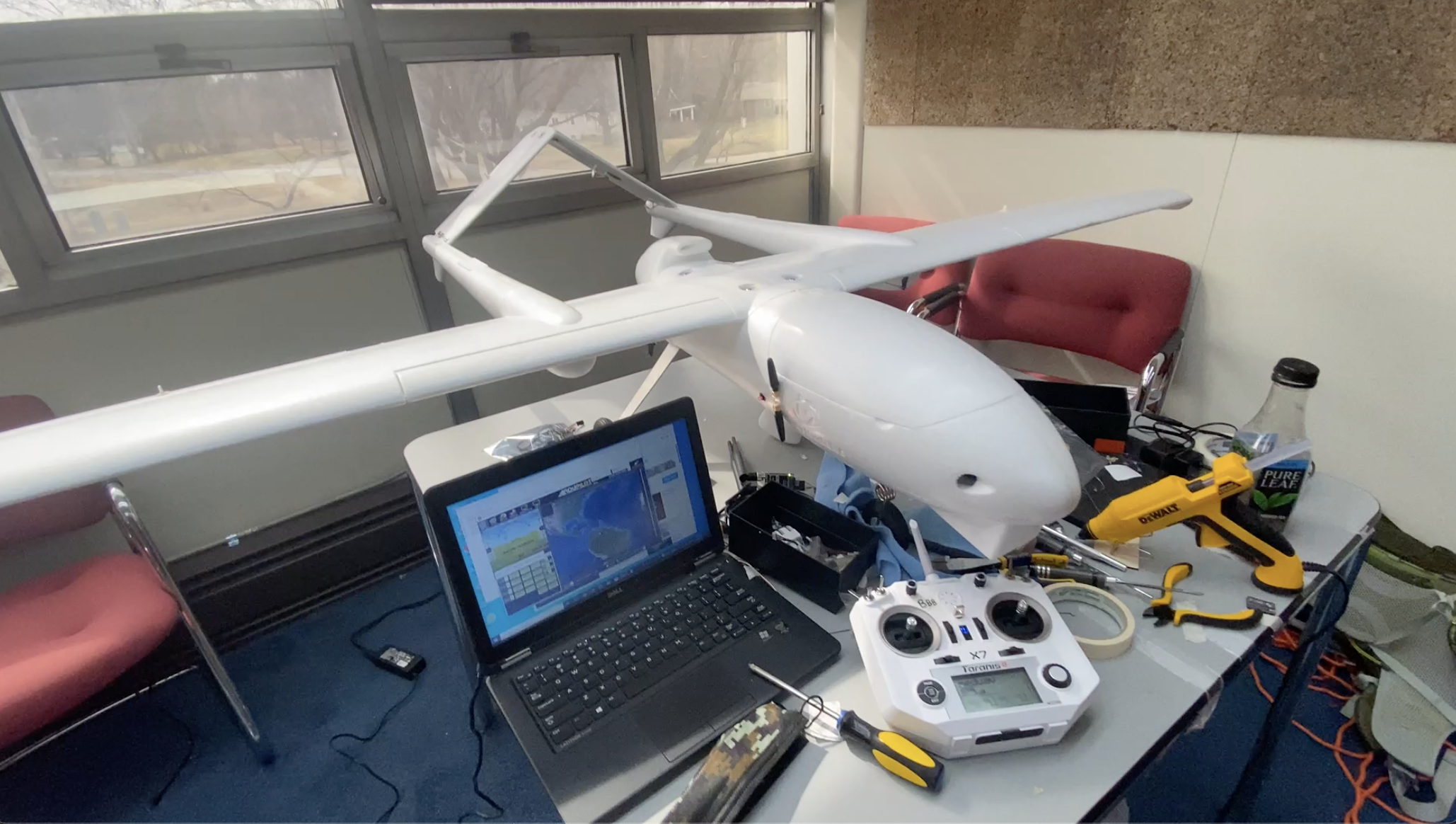Cold logistics, especially in remote areas, poses unique challenges that hinder the safe and efficient transport and storage of temperature-sensitive products. The AngelWings Project, in collaboration with Andrews University, Malawi Adventist University, and Rural Tech Hive aims to tackle these challenges head-on by implementing a groundbreaking model in Ntcheu District, Malawi. Through the strategic application of disruptive technologies, we believe we can create a sustainable solution to address the problems faced in cold logistics. Here’s a closer look at how these technologies can make a difference:
Addressing Inadequate In-Country Infrastructure: In rural areas where infrastructure is lacking, renewable energy solutions can play a vital role. By implementing a portable ground storage system powered by solar or wind energy, we can ensure a reliable electricity supply for refrigeration equipment and cold storage facilities. This empowers under serviced healthcare centers with the necessary infrastructure to preserve temperature-sensitive medicines and clinical samples.
Additionally, portable cold storage solutions integrated with Internet of Things (IoT) capabilities can overcome the absence of permanent infrastructure. These portable units enable temperature-controlled storage in remote areas, ensuring that products remain fresh and safe for consumption.
Bridging Capacity and Training Gaps: One of the significant challenges in cold logistics is the lack of trained personnel. To address this, we can utilize e-learning platforms and online training programs. These accessible and cost-effective solutions provide training in cold chain management, reaching individuals in even the most remote areas and bridging the capacity and training gaps.
Virtual Reality (VR) and Augmented Reality (AR) technologies offer exciting possibilities for immersive and interactive training experiences. By simulating real-world scenarios, these technologies enhance knowledge and skills in handling temperature-sensitive products. Through partnerships with Andrews University and Malawi Adventist University, we are developing an on-site training program that focuses on technology and the safe handling of specialized medical supplies and clinical specimens.
Optimizing Transportation Systems: In remote regions with poor road conditions and limited access, traditional transportation methods often fall short. A multi-point drone delivery model emerges as a game-changing solution. Drones can transport cold chain products swiftly and efficiently, bypassing the challenges of inadequate transportation infrastructure. This ensures timely and reliable delivery of temperature-sensitive goods to even the most remote areas.
To further enhance transportation efficiency, mobile applications and digital platforms can be developed for logistics coordination and optimization. These tools connect suppliers, transporters, and healthcare facilities, streamlining the logistics operations and reducing inefficiencies.
Enabling Temperature Monitoring, Control, and Data Management: Real-time temperature monitoring is crucial for maintaining the integrity of cold chain processes. By implementing IoT devices and sensor technologies, we can enable continuous monitoring throughout the cold chain. This ensures compliance with temperature requirements and allows for proactive interventions in case of deviations, preventing spoilage and preserving product quality.
Blockchain technology offers an innovative solution for secure data management. By leveraging blockchain and distributed ledger technology, we can create a transparent and tamper-proof record of cold chain processes. Temperature data and other relevant information can be securely recorded and shared across the cold chain, ensuring accountability and facilitating traceability.
Ensuring Accountability and Quality Assurance: Maintaining accountability and quality assurance is paramount in cold logistics. Blockchain and smart contracts provide a robust framework for achieving this. By leveraging these technologies, we can create a transparent and immutable record of cold chain processes. This includes product handling, storage, and transportation, ensuring adherence to standards and regulations.
Digital documentation systems and standardized data collection tools further enhance accountability and quality assurance. By implementing these systems, we improve regulatory oversight, data collection, and reporting. This enables better monitoring, tracking, and evaluation of cold chain processes, ensuring that products meet the highest quality standards.
The Future of Cold Logistics in Rural Areas: By harnessing disruptive technologies such as IoT, blockchain, drones, and virtual reality, we can overcome the challenges faced in cold logistics in rural areas. These technologies offer transformative solutions that improve infrastructure, enhance training and capacity building, optimize transportation, enable real-time monitoring, and ensure accountability and quality assurance throughout the cold chain process.
The AngelWings Project is dedicated to creating a sustainable and inclusive cold logistics system in Ntcheu District, Malawi. By leveraging the power of technology and strategic partnerships, we are confident in our ability to make a positive impact on the lives of individuals in remote communities while fostering economic growth and improving access to essential healthcare services. Together, we can revolutionize cold logistics and create a brighter future for all.





